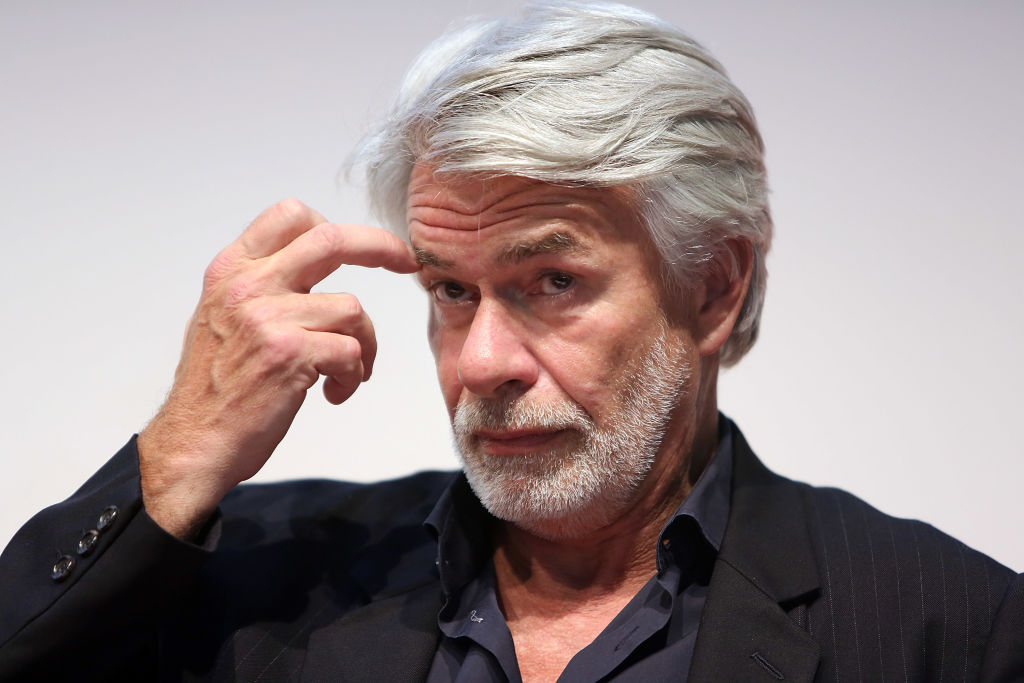
Following Chris Dercon’s sudden resignation as director of Berlin’s Volksbühne theater last Friday, details of a fractured and increasingly tenuous behind-the-scenes relationship with city officials have emerged.
According to German daily Tagesspiegel, Dercon and Berlin’s culture senator Klaus Lederer mutually agreed to end the former Tate Modern director tenure as head of the theater after just one year. But new details emerging in the German press suggest that the decision may have been more one-sided that previously thought.
On Monday, when the culture committee of Berlin’s city senate convened for a regular scheduled session on Monday, members voted to amend the agenda to address the elephant in the room: How did Dercon’s directorship go so spectacularly wrong?
Lederer said there had been mounting evidence since November that Dercon’s leadership was becoming problematic, citing a lack of vision and escalating costs at the theater. It became clear that the former museum director’s plan to blend expensive productions with high-profile guest appearances did not arouse much public interest. “There was no initiative or ideas from Dercon about what to do,” Lederer told Tagesspiegel. “That was decisive, not just the financial position. Bad numbers, that can happen, but that’s not why we ended the directorship.”
Lederer added that Dercon’s programming was so sparse that starting in the fall, the theater would have been forced to remain closed for up to 15 days a month.
Dercon’s yearlong tenure was marked by turbulence. His appointment to lead the so-called People’s Theater became a flashpoint for debate over the gentrification and hyper-professionalization of the arts in Berlin. Founded in 1914, the venue has a long history of presenting radical, populist theater and is considered one of the city’s most significant cultural institutions.
Before Dercon’s arrival, more than 150 actors, designers, and other employees affiliated with the theater published an open letter expressing “deep concern” over the appointment, which they felt represented “historical leveling and razing of identity.”
The situation took an ugly turn last summer, when feces were anonymously left on Dercon’s door over two weeks in August. He told Deustche Welle that he was considering leaving Berlin as a result. Then, in September, squatters occupied the theater to protest what they regarded as Dercon’s corporate approach. After several days, police removed the demonstrators from the premises.
According to the culture senator’s official explanation about the end of his tenure, the two men “agreed to end the directorship” at a meeting on Monday, April 9. The left-wing senator also said that he will inform the committee of Dercon’s severance package “confidentially” once the paperwork is signed.
In the meantime, interim director Klaus Dörr must stabilize the institution while its long-term future hangs in the balance. The consensus in the committee is to take enough time to find and carefully vet a suitable replacement who fits the institution’s needs. They are likely to avoid hiring a first-time theater director like Dercon.
Dercon could not immediately be reached for comment on the latest reports.